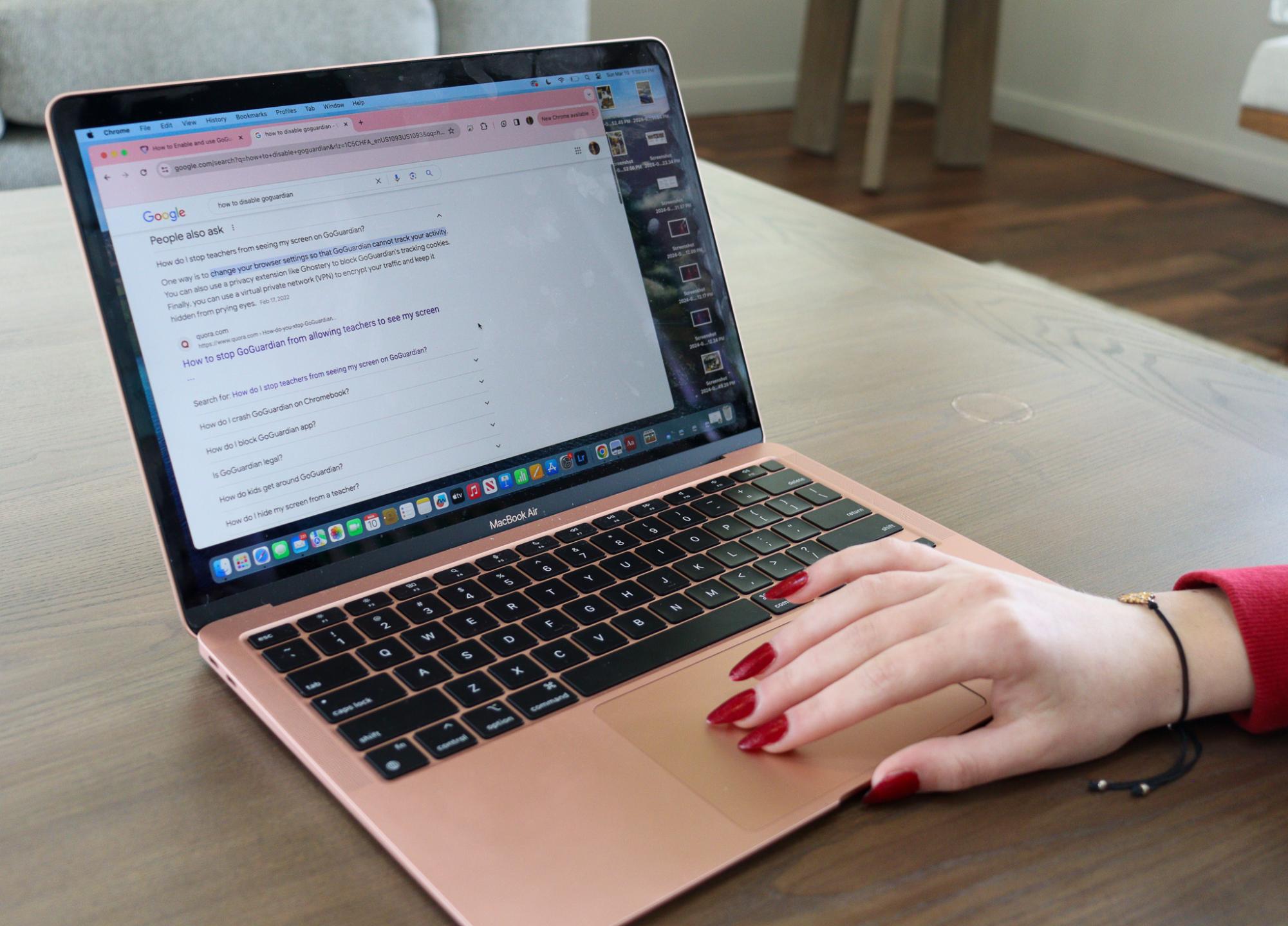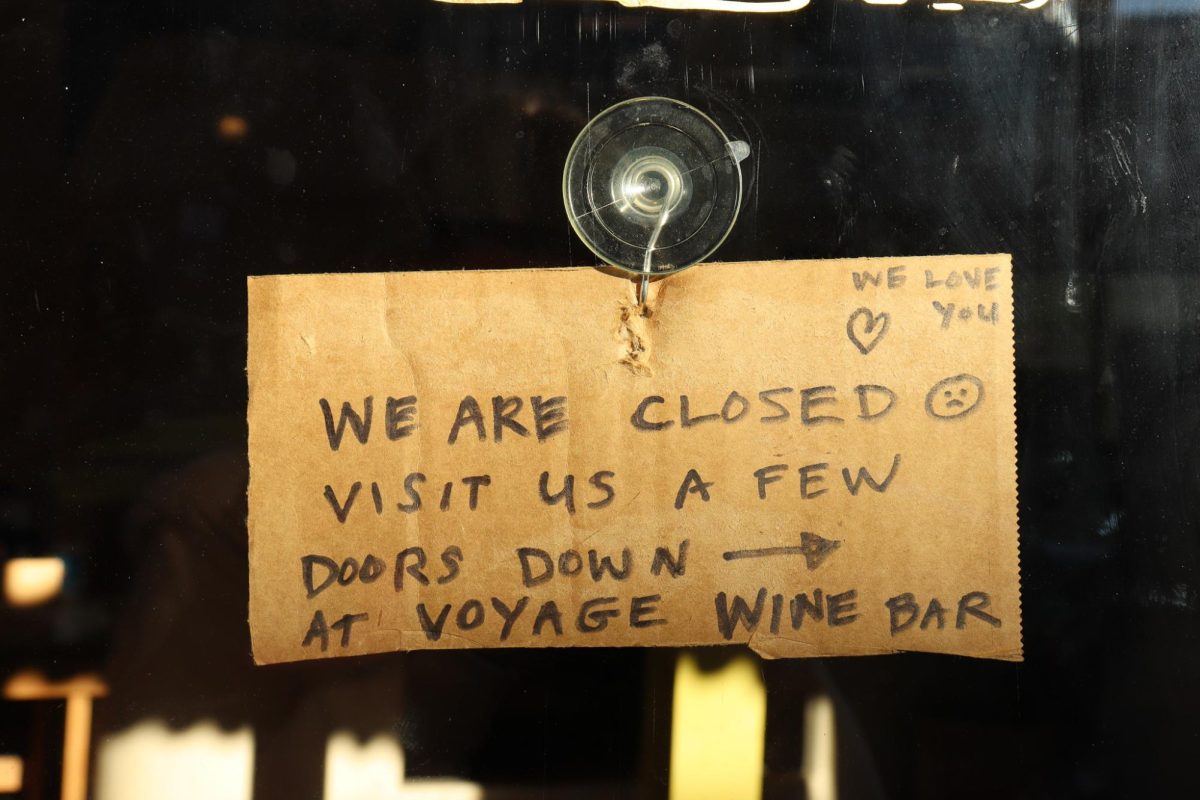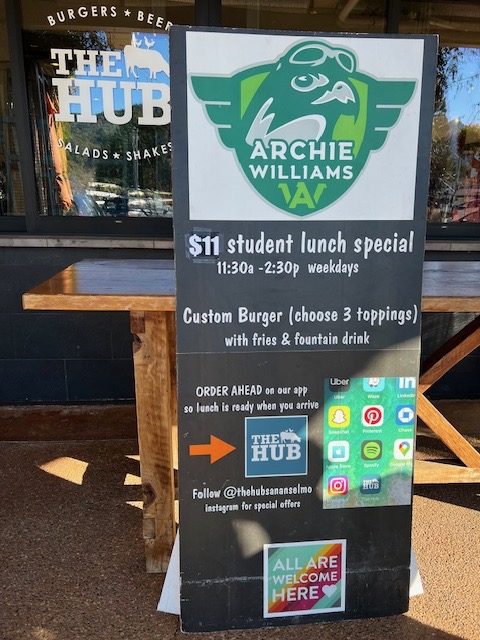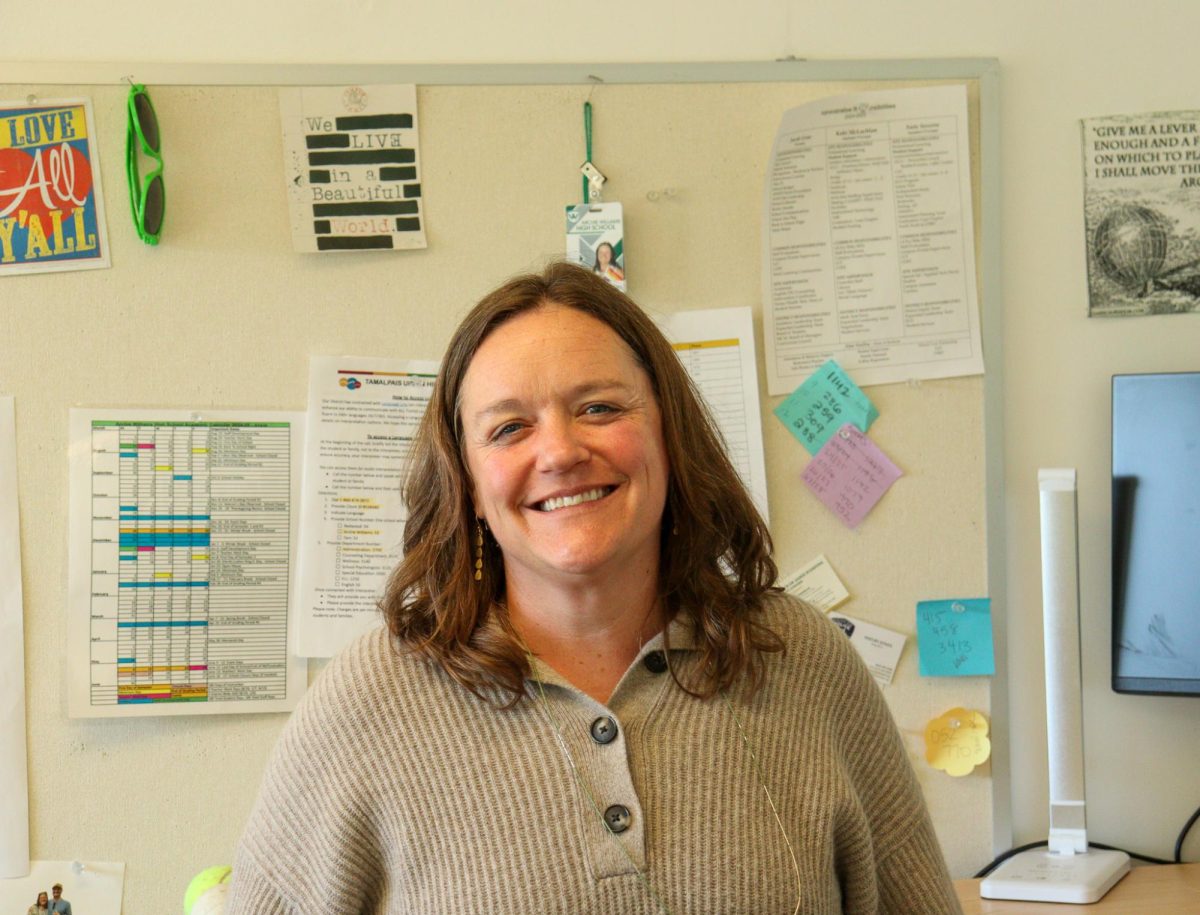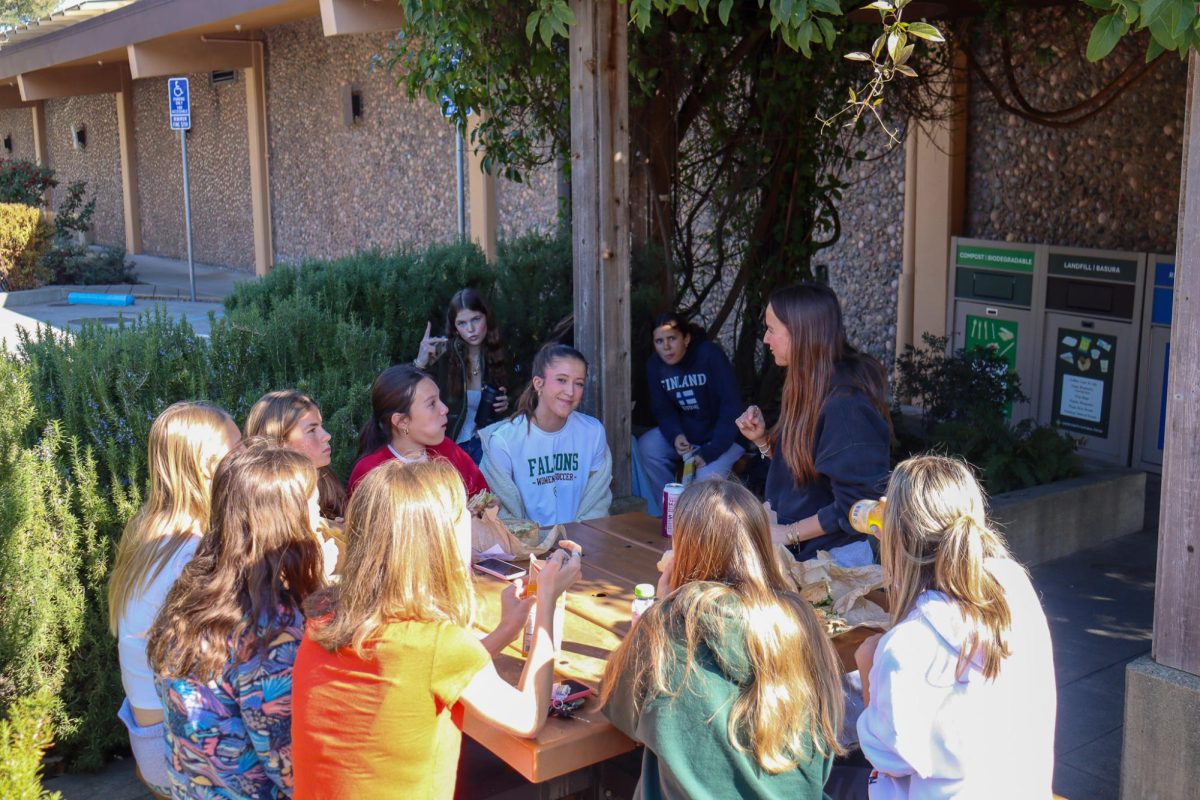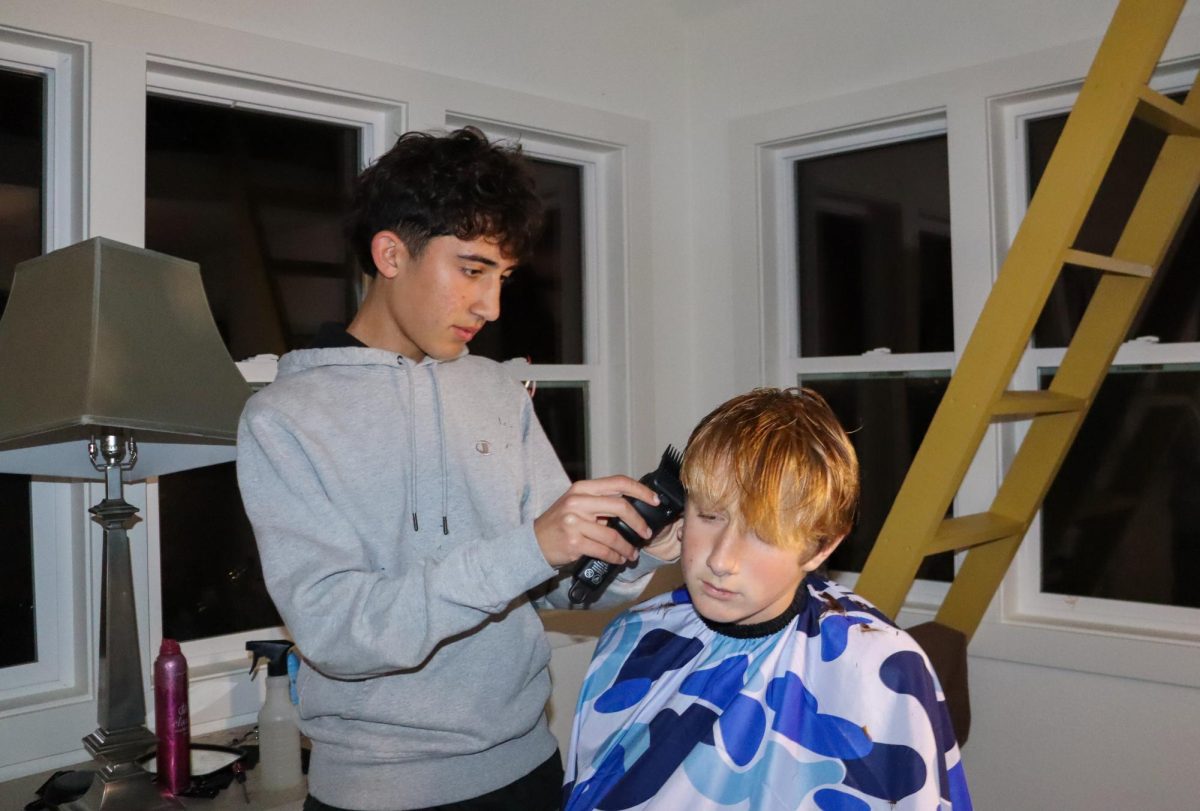Since its inception in 2000, the Children’s Internet Protection Act (CIPA) has made significant strides in enhancing internet safety. CIPA is a pivotal piece of legislation aimed at safeguarding minors, ensuring their protection from potentially harmful online content when accessing the internet in educational environments such as schools or libraries. With the continued integration of technology into everyday life, keeping students safe online has become a priority for schools.
Schools in California must follow laws set by the CIPA in order to receive funding for internet access and necessary telecommunication services. These services include the broadcasting and sharing of information that is needed for schools on a daily basis. Tamalpais Union High School District (TUHSD) blocks online content that could be harmful or inappropriate using Cisco Umbrella, a platform that limits access to websites based on certain categories in alliance with the CIPA. Multiple factors qualify a website for restriction, including but not limited to adult content, gambling, malware, or anything that could threaten the students’ security.
TUHSD Senior Director of Information Technology, Rose Chavira, manages technology and technological support across each district site.
“The categories that get blocked for students typically are adult materials [such as] nudity, anything risky, and gambling. Anything that would be considered a security threat, like malware or viruses [is also blocked],” Chavira said.
On top of the CIPA restrictions, some teachers have opted to implement further restrictions. Additional programs like GoGuardian and Hapara are commonly used by teachers to monitor students. These programs allow the users to view and change the sites a student is accessing, only during the activation period of the restrictive website.
Archie Williams French teacher Tahia Rosenthal-Cox uses GoGuardian to monitor her students. She believes that the CIPA restrictions, along with the implementation of further monitoring programs, help students stay on task and complete their work.
“There’s an issue with kids being able to stay on task and by [using] those restrictions, the teacher helps the student stay on task,” Rosenthal-Cox said.
Although many teachers believe that monitoring students helps them stay on task and continue learning, some students disagree with the use of the restrictive programs. Senior Amelie Jenks believes that teachers need to trust their students and give them the responsibility and accountability of managing themselves during class.
“I believe part of the responsibility of being a student in high school is rising to expectations and being trusted with things like computer use. Preparing for college and more adult-level classes requires students to keep themselves in check without constantly having to be supervised by a teacher. If these sorts of standards are expected for students to be able to regulate their own online access during class, it is more likely that students will meet those standards by themselves,” Amelie said.
Freshman Quilla Ross shares the same view and finds teachers monitoring their students to be an invasion of privacy.
“I don’t think [teachers] should block students from using computers because a student has their own right to use a computer and it’s not the teacher’s responsibility to control what I can see. Especially in high school,” Quilla said.
While the restrictions may help keep students on task and focused, there is nothing preventing access to a student’s laptop when they are no longer under their supervision. Freshman Alex Rodskog sees the benefits of working to improve students’ focus, but she does not agree with the use of these applications outside of the teacher’s classroom.
“I think teachers should only be able to use these sites when the student is currently in their class under their supervision,” Alex said.
In some cases, the use of internet blockers is strictly for the user’s safety and the security of their information. Certain websites can damage the device or install a computer virus. The information downloaded by students can pose potential threats to their safety, and by blocking any potential threats, TUHSD is preventing damage to school computers and services.
TUHSD Network Specialist Jarrod Goetz believes that the restrictions are important because they block dangerous websites that could cause damage to the devices and wifi.
“There are numerous ways that both staff and students benefit from the internet filter. The first one off the top of my head is cybersecurity. A filter stops a very large number of malicious websites from loading and possibly infecting devices. Also, there’s a lot of distractions on the internet, so it helps all to stay focused by removing many of them,” Goetz said.
Despite a mix of approval and disapproval, the restrictions are solely in place to protect the devices, wifi, students, and staff. These restrictions are important to keep students safe, especially with the recent increase in forms of media, which has resulted in schools opting for more online learning. As technology has advanced, new worries have emerged for educators, including the use of artificial intelligence and other generative platforms. The success of CIPA restrictions has guaranteed student’s online safety whilst they continue to learn.
“We are dealing with a population of teenagers who are learning to advocate for themselves and learning to make choices and time management, and it’s a learning process,” Rosenthal-Cox said. “We are just helping kids with learning the process.”


